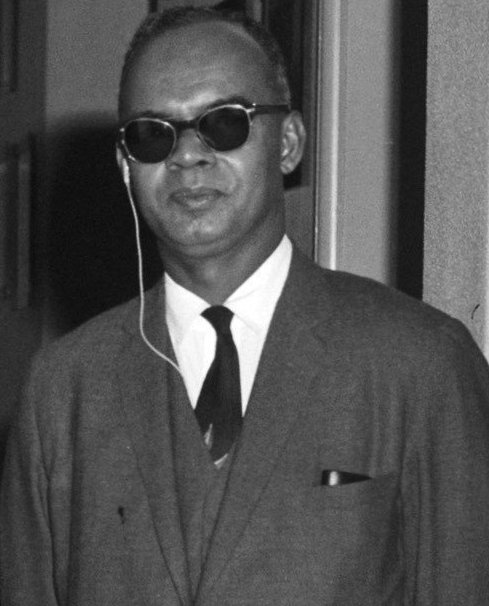Adom Getachew on the Life and Work of Eric Williams
Adom Getachew is Neubauer Family Assistant Professor of Political Science and the College at the University of Chicago. She is a political theorist with research interests in the history of political thought, theories of race and empire, and postcolonial political theory. Her work focuses on the intellectual and political histories of Africa and the Caribbean. Her first book, Worldmaking After Empire: The Rise and Fall of Self-Determination, reconstructs an account of self-determination offered in the political thought of Black Atlantic anticolonial nationalists during the height of decolonization in the twentieth century. Adom holds a joint PhD in Political Science and African-American Studies from Yale University. She is on the faculty board of the Pozen Center for Human Rights, a fellow at the Chicago Center for Contemporary Theory, and a faculty affiliate at the Center for the Study of Race, Politics and Culture.









